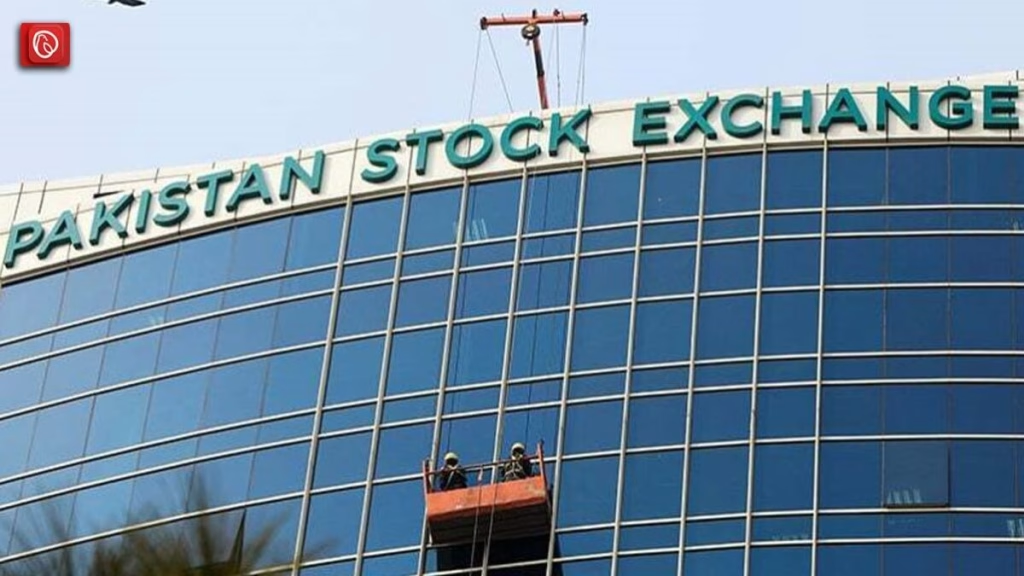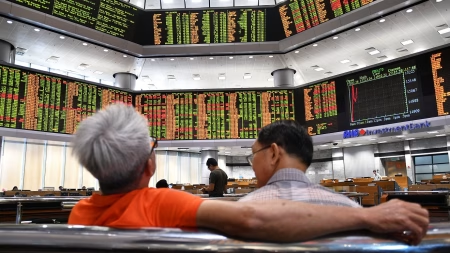The Financial Crisis in Islamabad: A Comprehensive Overview
The financial crisis in Islamabad has emerged as a pressing issue that affects not just the capital city but also the broader economic landscape of Pakistan. Factors such as political instability, inflation, and external debts have all contributed to this situation. In this article, we will delve deep into the causes, impacts, and potential solutions to the financial crisis in Islamabad.
Understanding the Context
Islamabad, being the capital of Pakistan, plays a critical role in the country’s economy. The city is home to numerous foreign embassies, multinational corporations, and local businesses that contribute significantly to the national GDP. However, a combination of factors has led to a challenging economic environment.

Causes of the Financial Crisis in Islamabad
- Political Instability
- Internal political turmoil has historically affected economic stability in Pakistan. Frequent changes in government policies and leadership have created uncertainty. For instance, the 2022 political unrest saw rapid changes in governance, which caused investor confidence to wane.
- High Inflation Rates
- Inflation in Pakistan soared to alarming levels, peaking at over 20% in recent years. Prices of essential goods and services have skyrocketed, straining household budgets. The State Bank of Pakistan’s monetary policy adjustments have not sufficiently curbed inflation, leading to public discontent and affecting purchasing power.
- External Debt
- Pakistan’s growing external debt—currently over $130 billion—has put immense pressure on its economy. The need to service this debt often leads to budget cuts in critical sectors like health and education, creating a cycle of dependency and financial mismanagement.
- Currency Devaluation
- The Pakistani Rupee has experienced significant devaluation against major currencies, compounding inflationary pressures and making imports more expensive. This is particularly concerning for a country reliant on imported goods, including energy and staple foods.
- Lack of Foreign Investment
- Due to the prevailing economic uncertainty and security concerns, foreign direct investment (FDI) has dwindled. Investors often seek stable environments for their investments, and Pakistan’s challenges deter potential capital inflow.

Effects on the Local Economy
The financial crisis in Islamabad has rippling effects on various sectors of the economy:
1. Employment Losses
As businesses struggle to maintain operations amid rising costs and shrinking profits, layoffs and hiring freezes become common. The unemployment rate is projected to rise as companies downsize to survive.
2. Rise in Poverty Levels
With job losses and soaring inflation, many families find themselves pushing below the poverty line. The government has introduced social welfare programs, but these measures often fall short of meeting the needs of the most vulnerable populations.
3. Decline in Real Estate Values
The real estate market in Islamabad has also been adversely affected. High-interest rates and economic uncertainty have discouraged new investments in properties, resulting in falling prices and stalled construction projects.
4. Increased Cost of Living
The combined effect of inflation and devaluation has made living in Islamabad increasingly unaffordable, particularly for the middle class. Rent prices, utility bills, and food costs are all soaring, causing financial strain on families.

Navigating the Financial Crisis
Despite the challenges posed by the financial crisis in Islamabad, several strategies can help individuals and businesses navigate these troubled waters:
1. Financial Literacy
Improving financial literacy is crucial in developing better money management skills. Encouraging financial education through workshops and online resources can empower citizens to make informed decisions.
2. Business Adaptation
Businesses must pivot their strategies to endure the crisis. This can include optimizing operational efficiency, focusing on customer retention, and exploring alternative revenue streams.
3. Government Policy Reforms
For lasting recovery, comprehensive government policy reforms are essential. This includes improving the ease of doing business, reducing red tape, and ensuring investor-friendly policies.
4. Fostering Innovation and Entrepreneurship
Encouraging start-ups and local enterprises can create job opportunities and stimulate economic growth. Initiatives that provide funding and mentorship for young entrepreneurs can prove beneficial.

Financial Crisis in Islamabad
Conclusion
The financial crisis in Islamabad presents a multifaceted challenge that requires coordinated efforts from the government, businesses, and citizens alike. While the challenges are daunting, solutions do exist, and proactive strategies can mitigate the effects of this crisis. Staying informed and adaptable will be key as Islamabad navigates this difficult economic terrain.
Relevant External Links
Relevant Internal Links
By implementing effective solutions and fostering a collaborative environment among all stakeholders, Islamabad can work towards overcoming its current financial crisis.
This article is designed to provide readers with comprehensive insights into the financial crisis in Islamabad while optimizing for SEO. Be sure to regularly optimize content based on keyword performance analytics to maintain visibility in Google searches.








